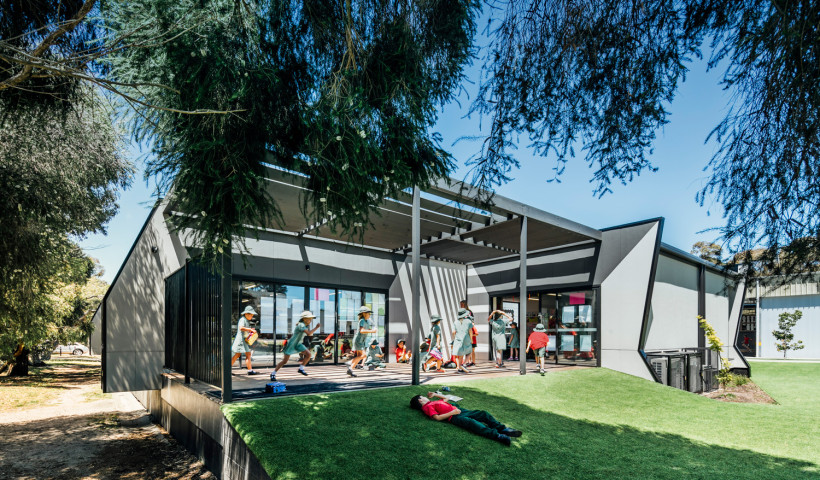
In recent years, the cost of construction and refurbishment projects has increased dramatically. The numbers will probably rise even higher as companies inflate project costs to meet their own expenses. Modular construction methods provide a solution to this dilemma. Although initially developed as a means of constructing temporary structures, it has evolved into an effective strategy for delivering effective and economic projects in a sustainable manner.
What is modular construction?
Modular construction involves off-site based construction methods in which individual building modules or components are manufactured (or prefabricated) under controlled factory conditions, transported to the site, and assembled on location. Off-site construction enables the use of lean manufacturing techniques, quality assurance, and performance testing throughout the manufacturing process.
How does Equitone contribute to modular construction?
EQUITONE panels are a prime example of the benefits of modular construction. The panels can be designed to be cut and arranged in many forms, limited only by imagination. Whether a vertical, horizontal or angled layout is desired with large, small, narrow panels, laid either randomly or staggered, all are possible. The EQUITONE is installed onto the modular structure offsite. The structure is then brought to site on a truck and lifted into place for installation. The modular system is also easy to dismantle, repair and rebuild, making sure panels can be reused and recycled over and over again.
5 benefits of modular construction
1. Speed and efficiency
The accelerated building process is one of the largest benefits. As several modules can be built off-site concurrently, many of the labour-intensive tasks associated with traditional construction are eliminated.
2. Building performance and quality
Modular construction can improve building performance. Prefabricated components undergo rigorous testing to ensure they deliver the expected levels of performance needed, whether that be in terms of acoustics, thermal performance, structural integrity or compliance with local building codes and standards. The factory environment also ensures quality control.
3. Flexibility and adaptability
Modular construction offers increased customisation and design flexibility. Modular units are perfect for future extensions or refurbishments because they are simple to expand or reconfigure. This flexibility provides a response to evolving commercial demands and specifications.
4. Cost effective
Reduced material waste from the optimised manufacturing process can reduce waste disposal and site storage costs, for example. Additionally, the controlled environment guarantees greater precision, lowering the possibility of error. Shorter construction times and reduced labour requirements also contribute to lower construction costs.
5. Reducing waste
The fundamental concept of modular construction, in which building components are created off-site and then assembled on-site, significantly reduces the quantity of waste generated. It is estimated that modular construction reduces the weight of waste by up to 83.2%. In addition, homes constructed using modular techniques use about 20% less material overall.
The flexibility of modular construction allows for a more sustainable way of keeping up with changing property demands. The savings generated can be seen through reduced waste, material reusability, increased energy efficiency, and various sustainability factors. Prefabricated components ensure quick installation, significantly reducing the amount of resources and time required on-site.
Images:










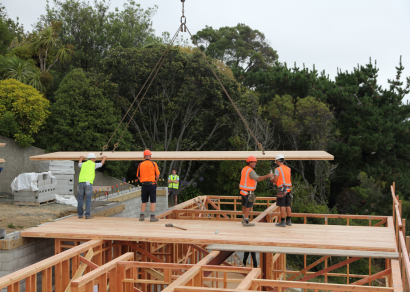

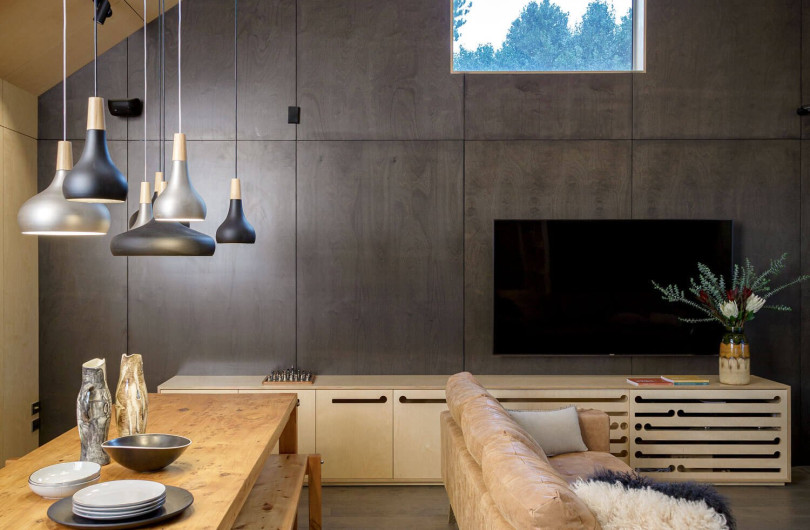
 Case Studies
Case Studies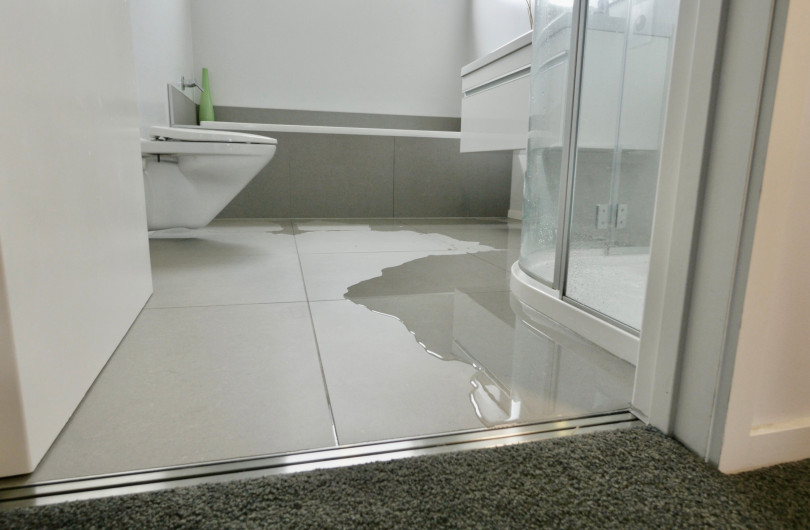
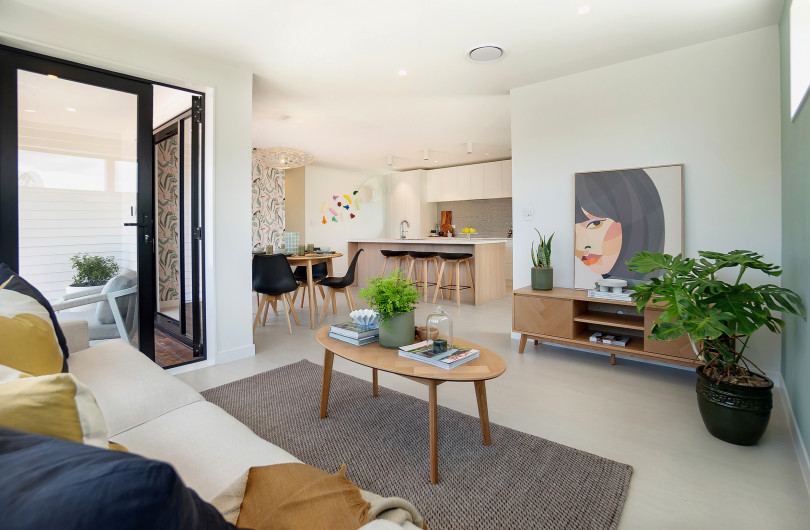


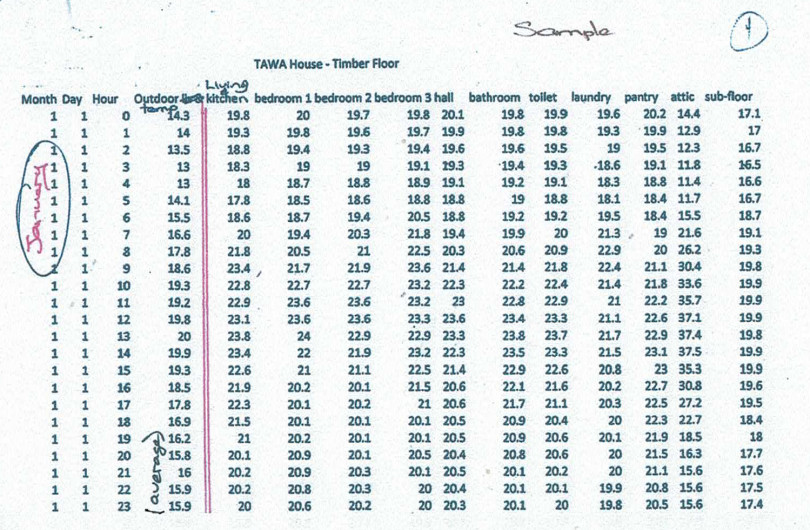




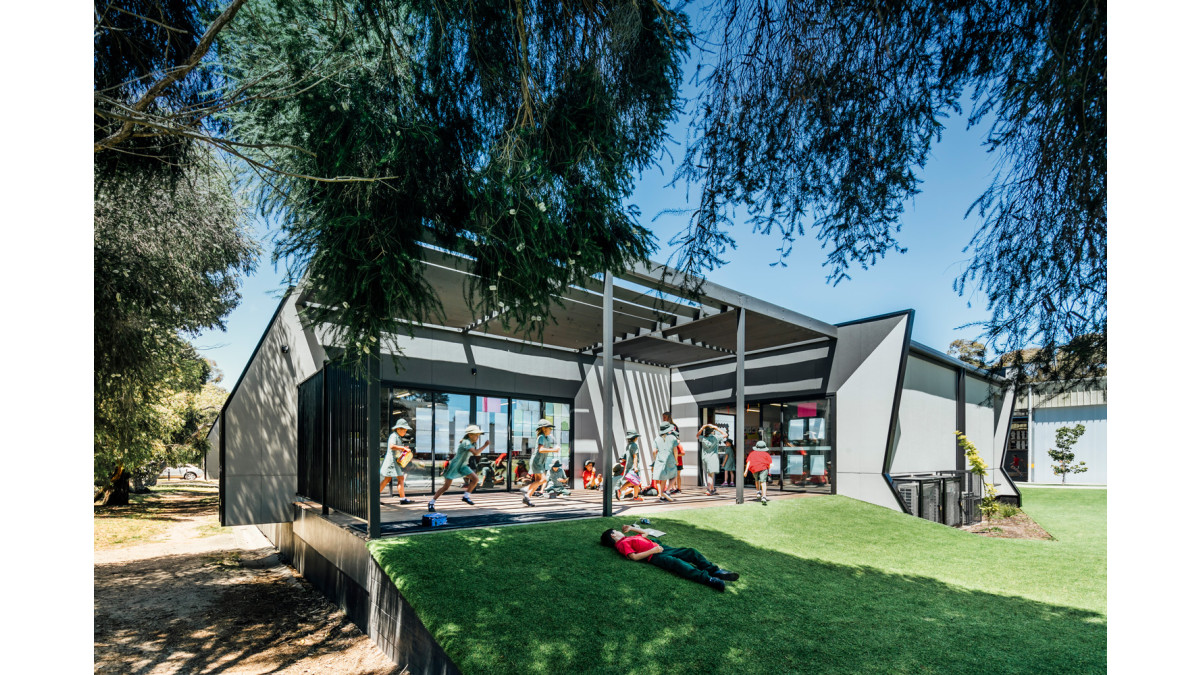
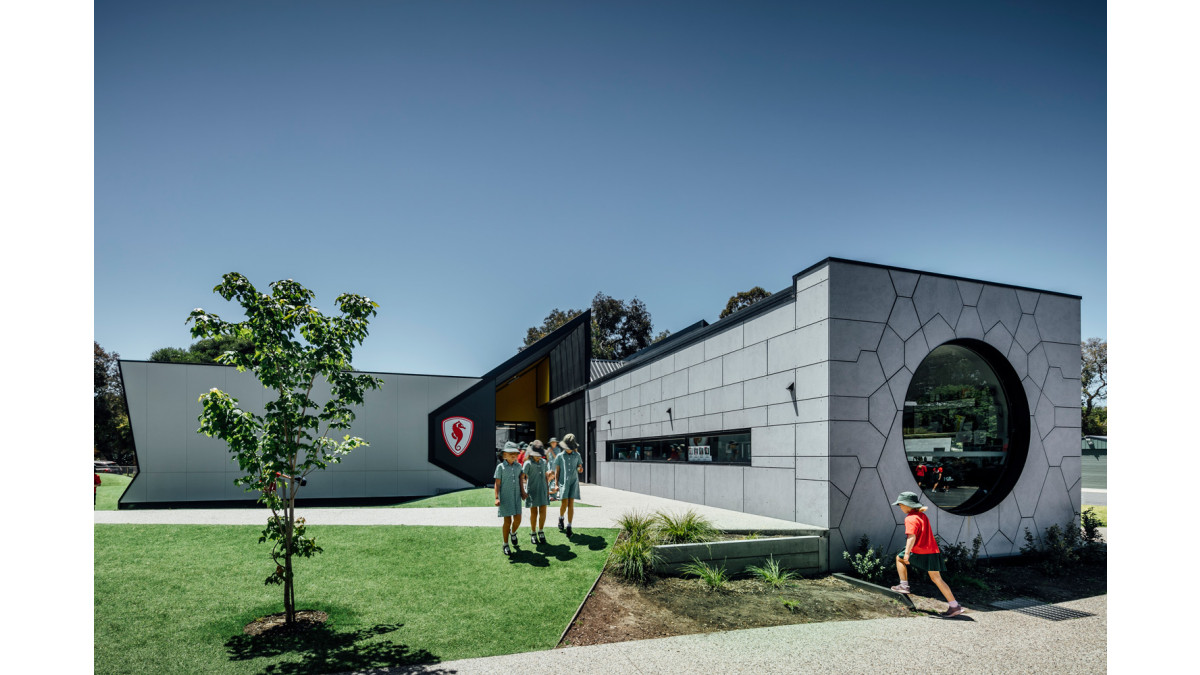
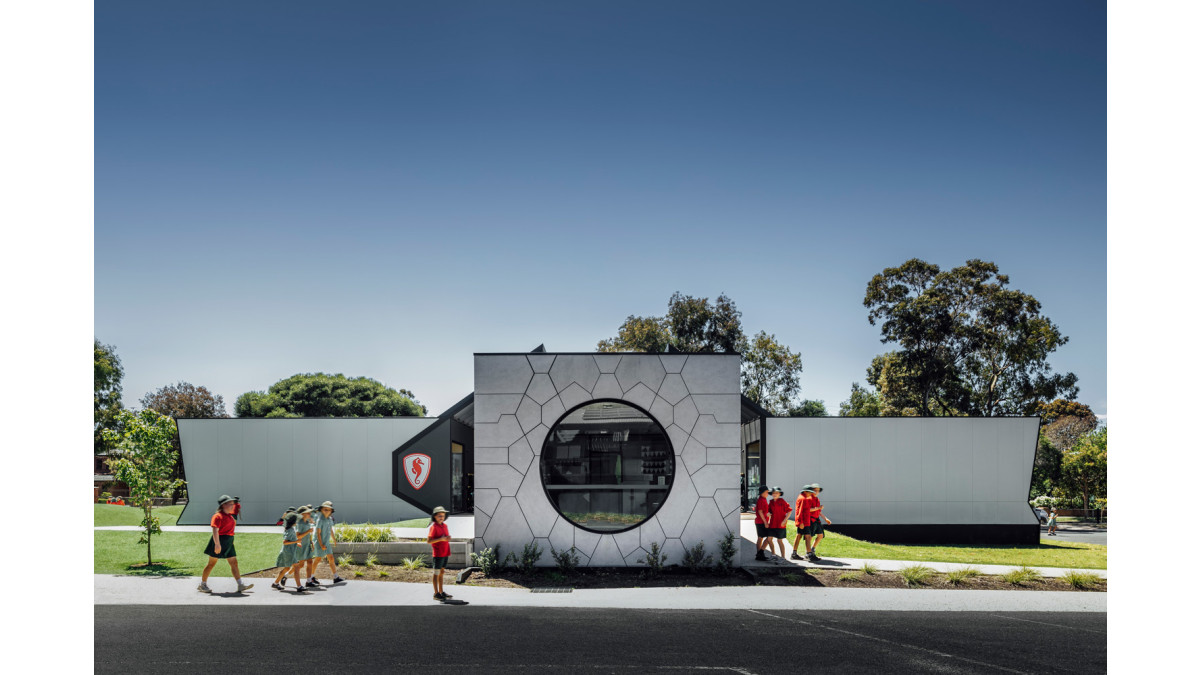
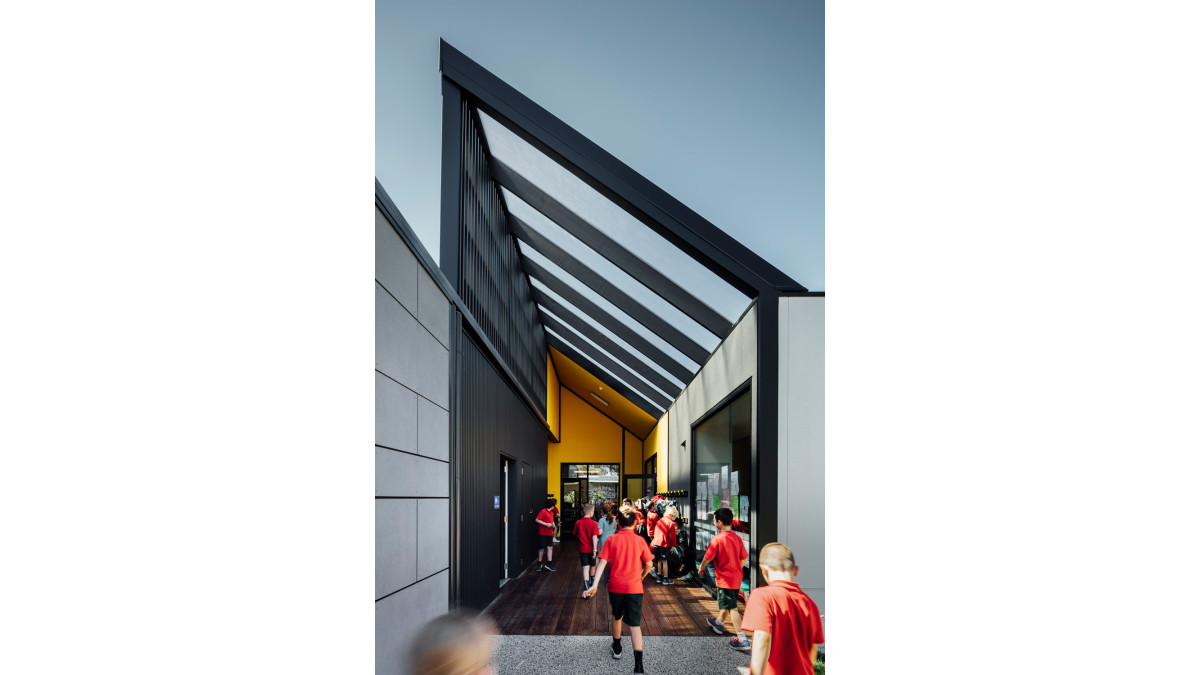
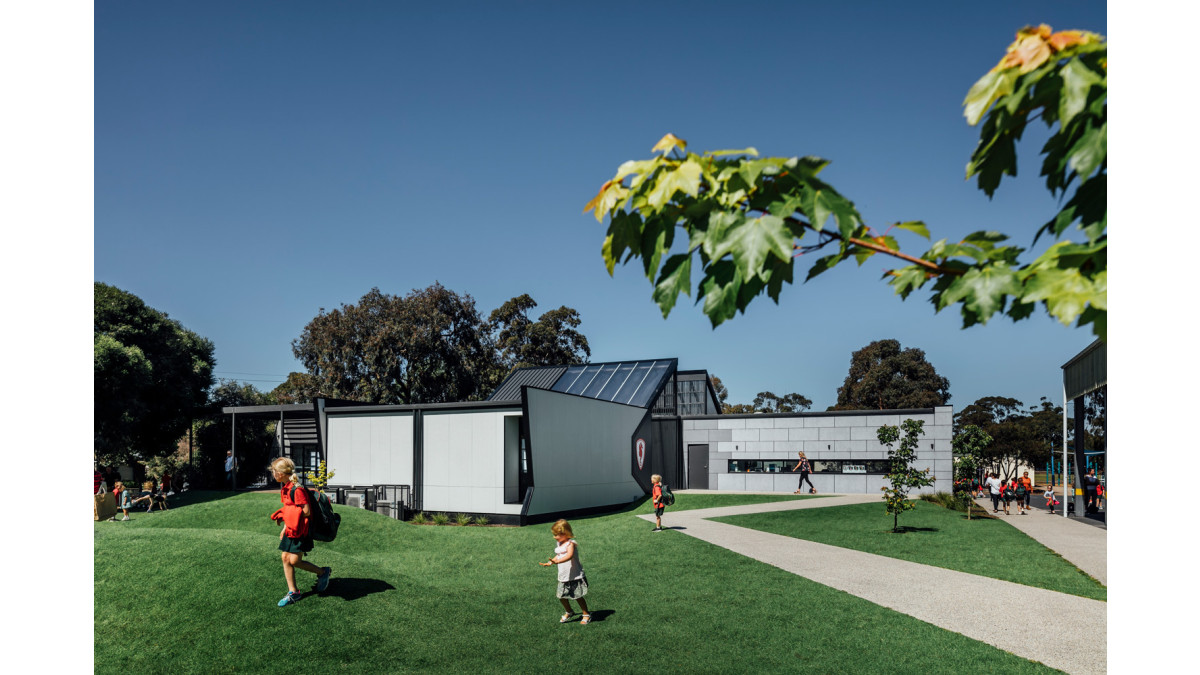


![EQUITONE [tectiva]](/assets/ProductImages/equitone/equitone-tectiva/equitonetectivaref-02__FillMaxWzEwMDAsNzAwXQ.jpeg)

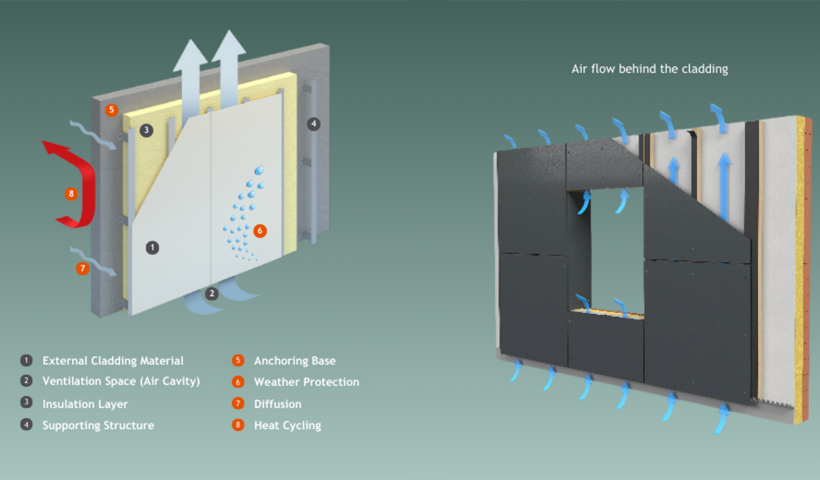
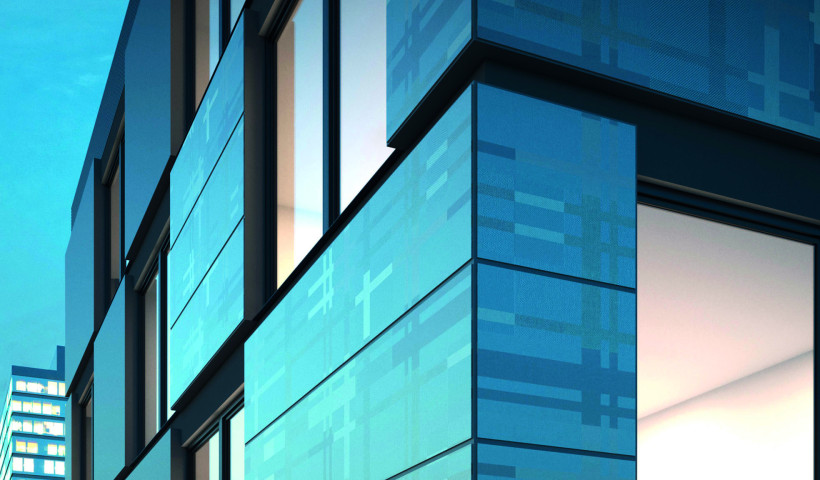
 Popular Products from EQUITONE
Popular Products from EQUITONE![EQUITONE [natura]](/assets/ProductImages/equitone/equitone-natura/Screen-Shot-2023-04-03-at-3__FocusFillWyIwLjAwIiwiMC4wMCIsOTAwLDYwMF0.50.00-PM.png)
![EQUITONE [tectiva]](/assets/ProductImages/equitone/equitone-tectiva/equitonetectivaref-02__FocusFillWyIwLjAwIiwiMC4wMCIsOTAwLDYwMF0.jpeg)
![EQUITONE [lines]](/assets/ProductImages/equitone/equitone-lines/Screen-Shot-2023-04-03-at-3__FocusFillWyIwLjAwIiwiMC4wMCIsOTAwLDYwMF0.52.57-PM.png)
 Most Popular
Most Popular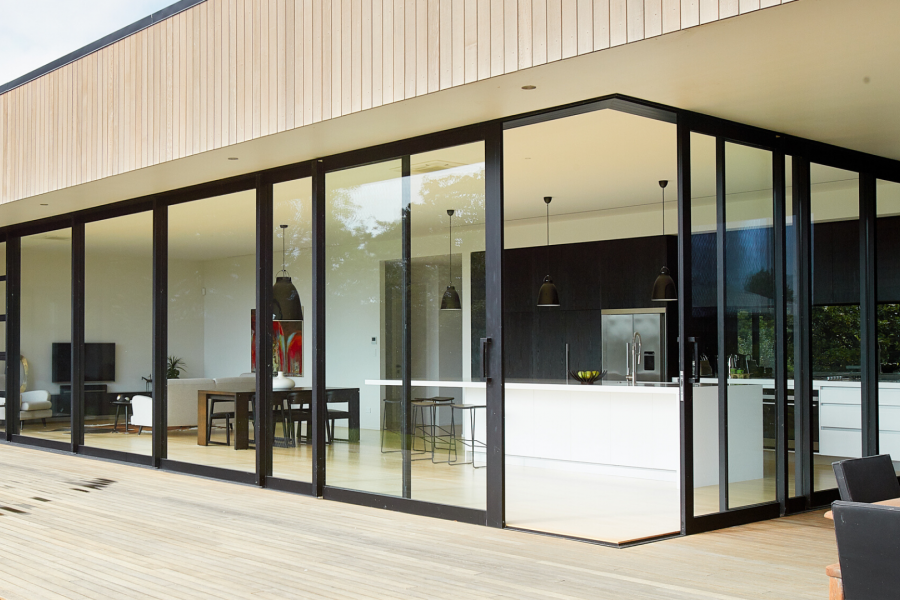
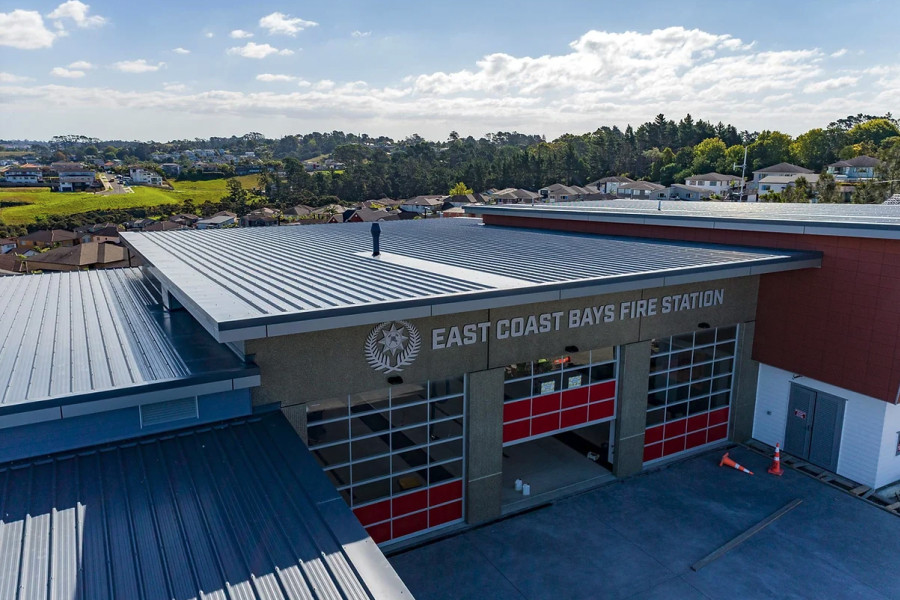
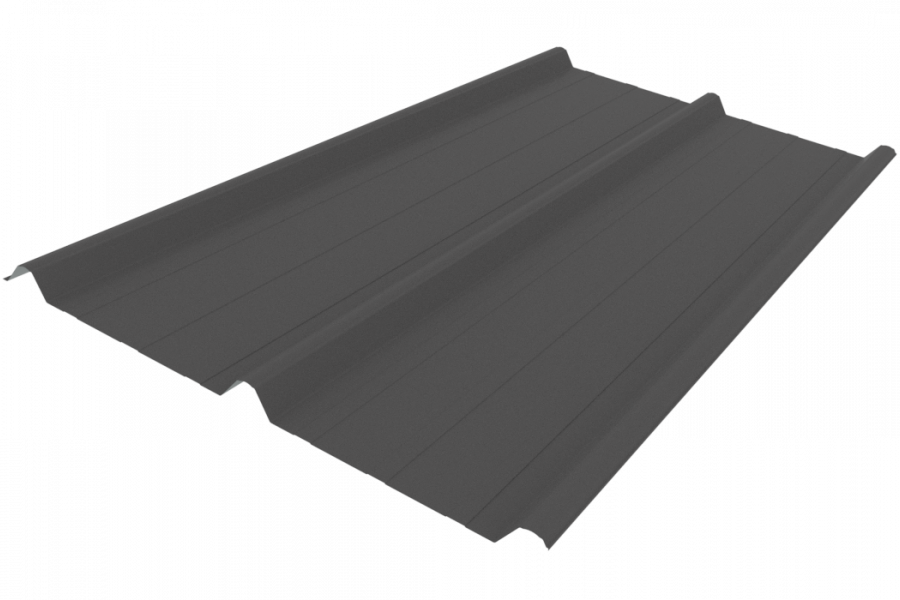
 Popular Blog Posts
Popular Blog Posts